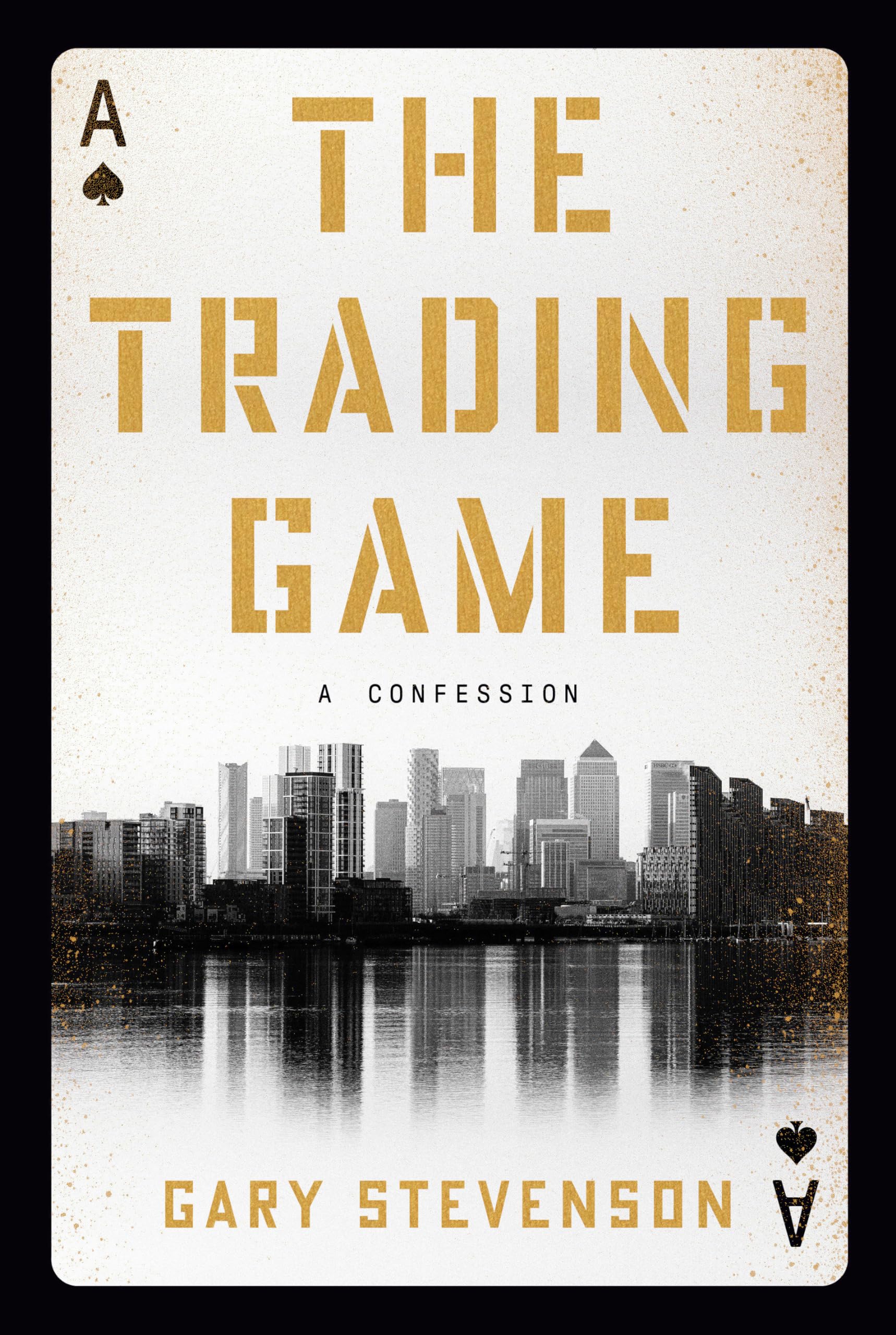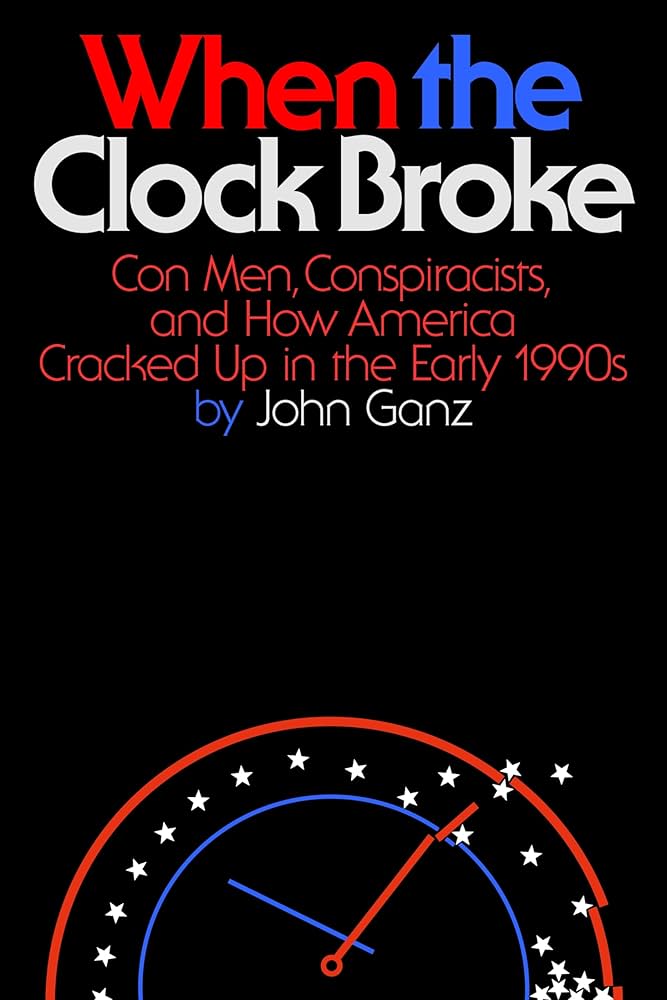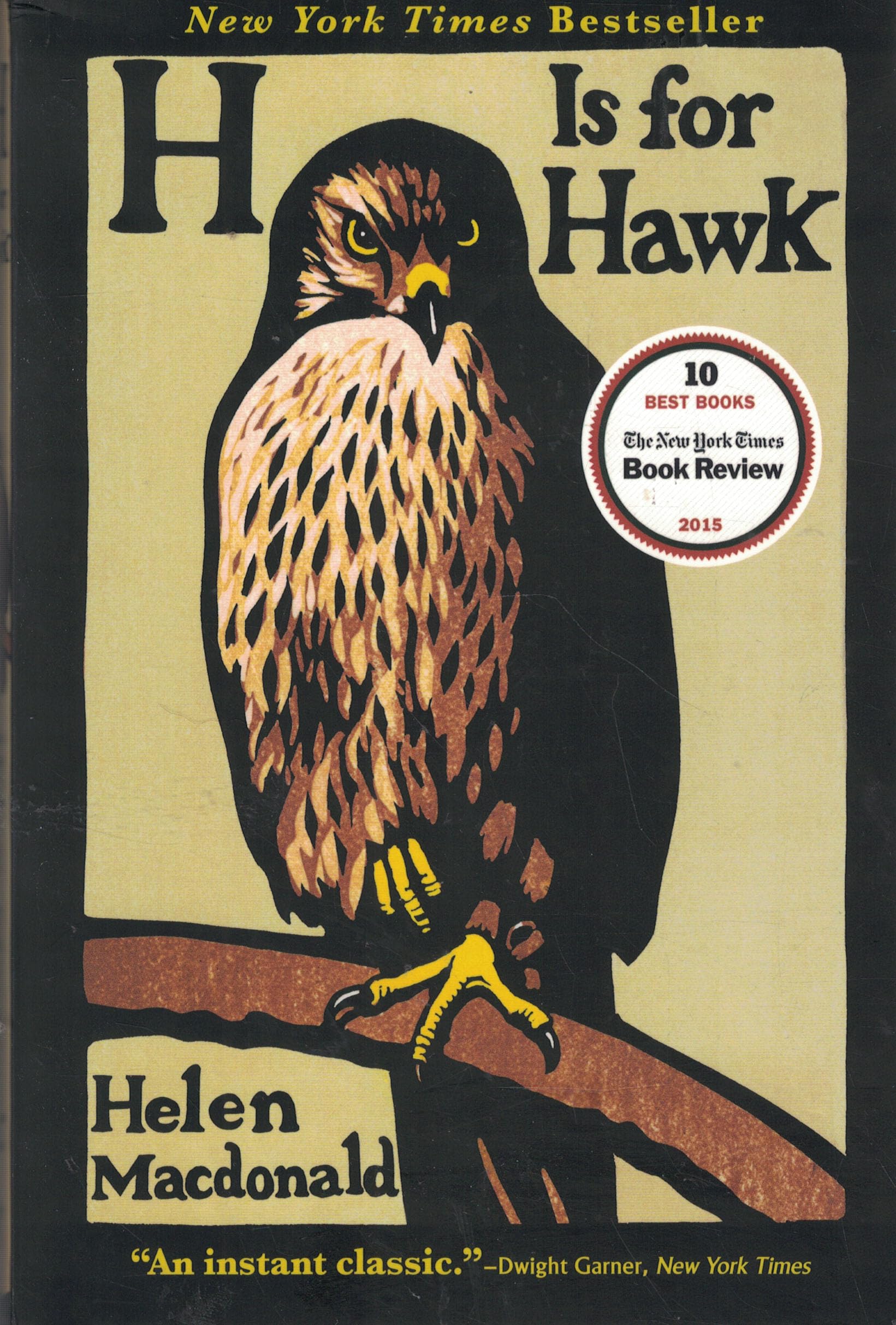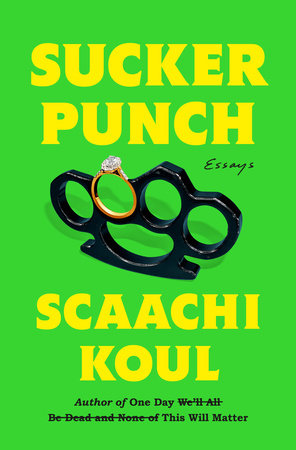At this point, I can’t imagine anyone has a positive impression of Meta or Facebook. There have been a half-dozen books written over the past few years about how greedy, sloppy, inept or plain evil their actions and decisions have been. Mark Zuckerberg and Sheryl Sandberg are modern villains, and the company’s famous mantra ‘move fast and break things’ has gone from aspirational renegade-speak to a philosophy for destroying a liberal democracy.
So what does Careless People bring to the table? Why is it the book that Meta is trying to sue off the shelves? Why has Mark Zuckerberg inadvertently turned it into a must-read?
Probably because it makes him look like a character from The White Lotus.
And it’s not just Zuckerberg: Sarah Wynn-Williams‘ memoir of her years at (then-)Facebook has ample room to make other executives look like cringey, hypocritical sociopaths.
The book’s title is a reference to The Great Gatsby, and Wynn-Williams included it in the epigraph. Substitute Tom and Daisy for Mark and Sheryl and it’s the perfect summary of what’s to come:
They were careless people, Tom and Daisy – they smashed up things and creatures and then retreated back into their money or their vast carelessness or whatever it was that kept them together, and let other people clean up the mess they had made.
Wynn-Williams is a crazy-good storyteller who, for years, worked closely with the senior leadership team including Mark Zuckerberg, Sheryl Sandberg and chief global affairs officer Joel Kaplan. The book paints a terrible picture of each of them. Zuckerberg and Sandberg are mercurial, immature and entitled, and Kaplan is probably a sex pest.
There are dozens of jaw-dropping moments in here: Sandberg asking a very-pregnant Wynn-Williams to ‘come to bed’ with her on a long flight, Kaplan pressuring her to engage in election interference in foreign countries, and Zuckerberg considering a run for President by giving speeches that reminded me of Kendall Roy rapping at his dad’s birthday:
The occasion is piled high with difficulty, and we must rise with the occasion. As our case is new, so we must think anew, act anew.
The shocks aren’t limited to salacious anecdotes, either. Wynn-Williams details Facebook’s willingness to trade all of their stated commitments to privacy in order to gain access to China; their lackluster response to an unfolding genocide in Myanmar, and the outrageous number of promises made with no intent to follow through.
If you’ve gotten this far and haven’t decided whether to read this book, I’ll leave you with one more pull-quote. In 2015, Zuckerberg is given a chance to address the United Nations. He almost passes on it because it’s too early in the day (he doesn’t do meetings before 1230pm, no matter who it is). Once talked into it, he gets wind that the Global Citizen Festival is happening in Central Park. Here’s Wynn-Williams trying to book it:
…I’d asked the festival organizers to move Big Bird. They initially said no, insisting that my Big Bird problem created issues for Malala and Beyoncé. Then they relented and moved Big Bird so he’s right before Mark. Big Bird’s fine with this, but the Facebook team does not think that this sets the right tone— Elliot doesn’t want Mark to follow a giant yellow Muppet—so I need Big Bird moved again. I’m still scrambling to solve that when Mark emails saying that the pope’s going to be in New York that same day and, on top of everything else, he’d like an audience with His Holiness.
I email a monsignor I’ve worked with in the past to ask about meeting the pope, and ask Big Bird if he can swap with Bill Nye the Science Guy. That would work for Mark, Malala, Beyoncé, and maybe the pope. But my hopes are dashed when I’m informed that Big Bird can’t take the stage after dark, and that Big Bird and his team are not prepared to do any more accommodating for Mark Zuckerberg.
I have one quibble with the book: the author insists that, despite every reason to quit in horror and disgust, she couldn’t leave the company because of the healthcare. I know that’s a critical thing, but having surely earned millions of dollars in salary and bonus, it rings somewhat hollow.
It’s easy to imagine that her contempt for the company has been exaggerated in retrospect. She’s eminently employable, and almost surely could have her pick of positions at a handful of companies or government organizations. Especially considering that an early anecdote in the book is about how she pitched Facebook on creating the job specifically for her.
It doesn’t matter much. The Great Gatsby is 100 years old this year. The White Lotus finishing up its third season. We have an insatiable appetite for watching wealthy people behave like buffoons, and Sarah Wynn-Williams had a front row seat for the real thing. This book is a fast, fun and jaw-dropping read.
Further Reading
Washington Post on Wynn-Williams whistleblower report










